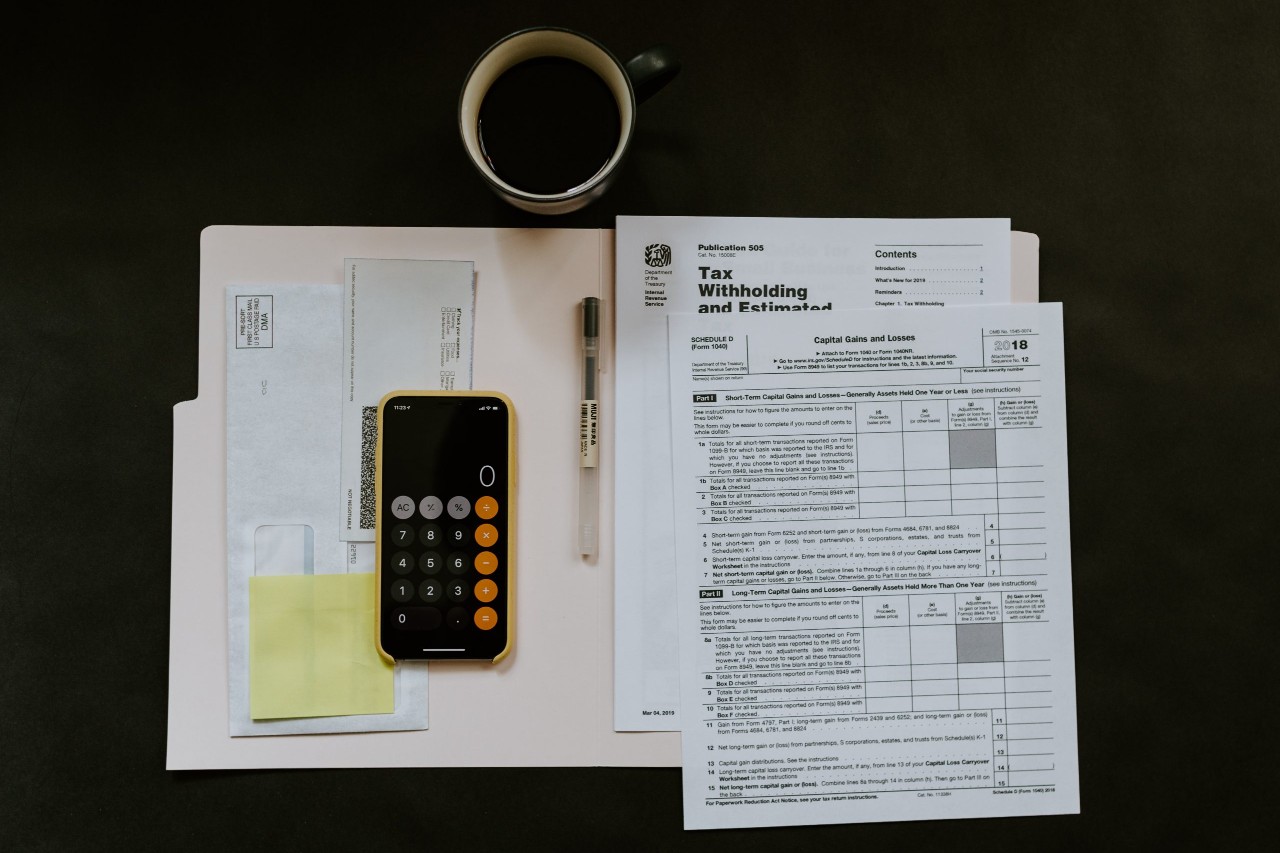Tax day. It may not be your most favorite day of the year, but it’s still an important one to be aware of if you want to avoid conflicts with the IRS (Internal Revenue Service). And if you’re a beginner, reporting your taxes may be one of the most confusing and frustrating things to do.
In this article, we’ll cover some tips to help you prepare your 2020 taxes.
Plan Ahead
Thinking ahead is easier said than done, especially when it comes to preparing taxes. But sitting down and making a plan for when you’ll prepare and file your taxes can make all the difference. It can help lower your stress levels and give you time to resolve any issues you may come across as you begin to fill out your tax forms.
Give yourself time to prepare by scheduling when you’re going to start filling out your tax forms. You can do this weeks or months in advance before the tax deadline (you might want to mark that down, too).
Even if you finish preparing your taxes early, you’ll at least have one thing less to worry about.
Stay Organized
As important as planning is, staying organized is also a biggie.
If you’ve worked for an employer, you’ve likely received a document known as Form W-2 in the mail. This useful piece of paper is a record of the total earnings you made from your job and how much tax was withheld from your paychecks (both state and federal). This document is something you want to make sure you keep for tax purposes.
Stashing this in a safe place for later use is a must. If you know where to find this document, you’ll save yourself the trouble of simply trying to find it when you start filling out your tax forms. Likewise, keep other important tax documents you receive in a safe place.
If you’re self-employed, then you want to keep track of your income and file Form 1040 or 1040-SR. Additionally, you will need to pay taxes quarterly using Form 1040-ES.
Understand Terminology
Tax terminology can be a confusing factor when preparing your taxes. Consider taking some time to define and understand what certain words and phrases mean that commonly appear in tax forms. For example, here are some frequent terms you’ll likely see:
- Adjusted Gross Income
- Child Credit
- Deductions (we’ll cover this in the next section)
- Dependent
- Gross Income
- Withholding
By understanding words like these, you’ll be more prepared as you fill out and file your tax forms. To learn more about commonly used tax terms, check out this website.
Keep Track of Deductions
The IRS gives you the option of taking a single standard deduction or itemizing your deductions. If you’ve ever donated to a charitable organization or spent some time at the hospital for an illness, consider saving your receipts. Why? Because you can claim these items as deductions on your taxes, lowering the taxable amount on your income. In other words, you’ll lower the total amount of taxes you pay.
There are many types of tax-deductible items that you can report on your tax forms. If you want to learn what other things you can deduct, or you want to understand more about tax deductions, you can visit this website here.
Consider Using Tax Software
Maybe you aren’t interested in filing your taxes by hand and would rather have someone else who knows what they’re doing do it for you (or at least guide you in the process). You can hire a tax accountant for this, but if you want a cheaper option, consider using tax software.
The benefit of using tax software like TurboTax, TaxAct, or H&R Block is that it does most of the hard work for you. It also guides you through the process of filling out and reporting your taxes by defining complicated terms and double-checking your work. These software systems allow you to file your taxes electronically, eliminating the need to mail paper forms.
If you’ve invested in cryptocurrencies like Bitcoin or Ethereum, there’s also crypto tax software available to automate filing your taxes.
Hang on to Tax Returns for Three Years
You may think that once you’ve finished filing your taxes and you get your tax return, you can discard old documents into the garbage. Well, don’t do it just yet!
The IRS recommends hanging on to your tax records for about three years. You should do this in the event that the IRS audits you for potential fraud, even if it was accidental. And if you don’t ever intend to lie about your taxes to the IRS, it’s still a good idea to keep your tax records for three years.
Hanging on to last year’s tax returns and other documents can also help you remember things you might have overlooked when you filed your taxes. It’ll also serve as a guide for how you completed your taxes. That’s why we recommend using tax software (or crypto tax software for crypto investors) because it will keep track of documents from the previous years for future reference.
We hope this helps you in some way. Remember, getting a head start is the key to being prepared for your 2020 taxes! Don’t wait until “tax season.” Good luck!


